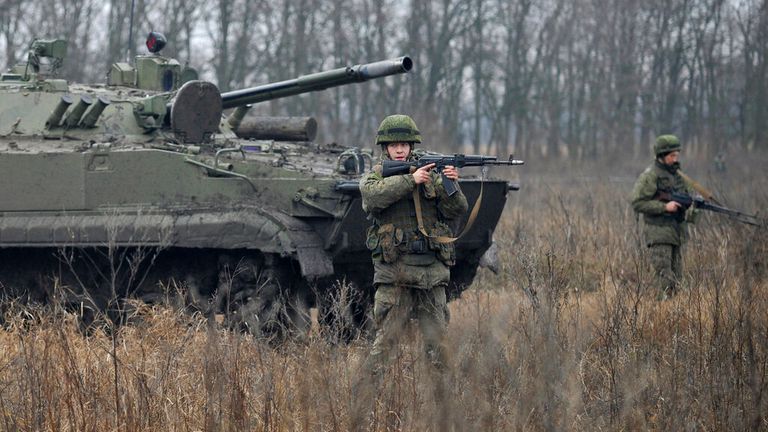Emerging Europe's Newsletter for this week held the title of war. Serving to its mission of informing about Central, Eastern, South-Eastern Europe and the South Caucasus, the editorial teams send an overview of the situation in Ukraine one week post-invasion. This is how they describe the latest happenings:
The country is resisting heroically. Russia has yet to take a single town or city of note, although many, particularly Kharkiv and Kherson, have come under fierce fire from the Russian forces. According to the Ukrainian Interior Ministry, more than 2,000 civilians have so far been killed.
Almost a million Ukrainians have been forced to flee, to neighbouring Poland, Slovakia, Hungary, Romania, and Moldova. But many are also travelling in the other direction: Ukrainian men returning from abroad to defend their homeland.
It is increasingly clear that Russian dictator Vladimir Putin was until February 24 under the impression that Ukraine would crumble within days, if not hours, of his forces invading the country.
He was not alone.
Across the world, few political analysts (beyond the few – and they are just a few – who know Ukraine well) believed that Ukraine would offer the kind of heroic resistance it has so far demonstrated. Few believed that Ukrainians would rally behind a comedian and actor turned president, Volodymyr Zelensky, whose list of achievements since taking office in 2019 was modest.
In essence, Putin believed that he would be fighting Ukraine as it was prior to the Maidan Revolution, also known as the Revolution of Dignity, that definitively changed the country during the winter of 2013-14.
Evgeny Afineevsky’s fast moving 2015 Netflix film Winter on Fire – still available on the platform across the world – is a good place to start finding out more about just why Ukraine is now such a united country
Afineevsky’s film is remarkable for a number of reasons, but the most important is that it is not a political document: it succeeds by avoiding any attempt at political analysis, instead of concentrating on the struggles of the ever-expanding crowds and amplifying the fact that protesters came from all walks of life: young and old, men and women, Christians, Jews, Muslims, academics, lawyers, artists and workers, including militant miners.
They found common cause in the removal from office of a man who had promised closer ties to the European Union, but who instead chose once again placing Ukraine firmly in Russia’s orbit.
Ukraine united in 2014, and has remained united ever since. Elections have been free and fair: presidents, governments, have come and gone, but always peacefully.
If Putin thought he could again divide Ukraine by invading the country, he was wrong. Zelensky’s erstwhile opponents have rallied around the president. Free Ukraine remains strong. It did not crumble when attacked by Yanukovych’s berkut in 2013-4, and it will not crumble now.

0 comments